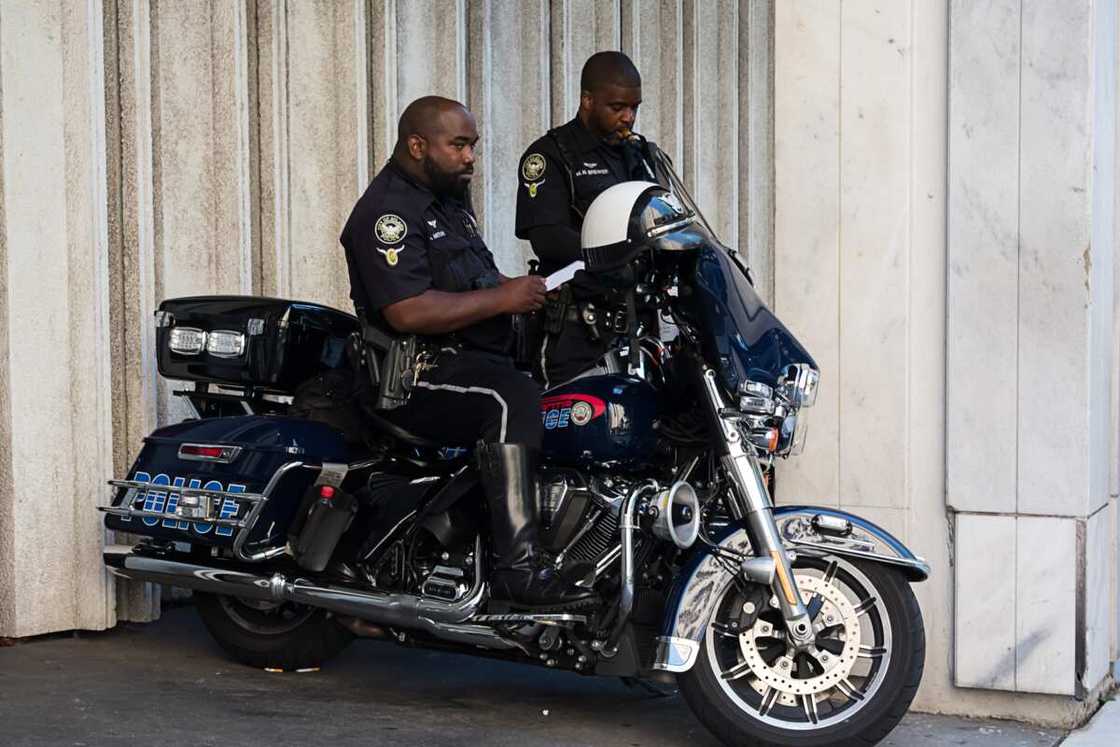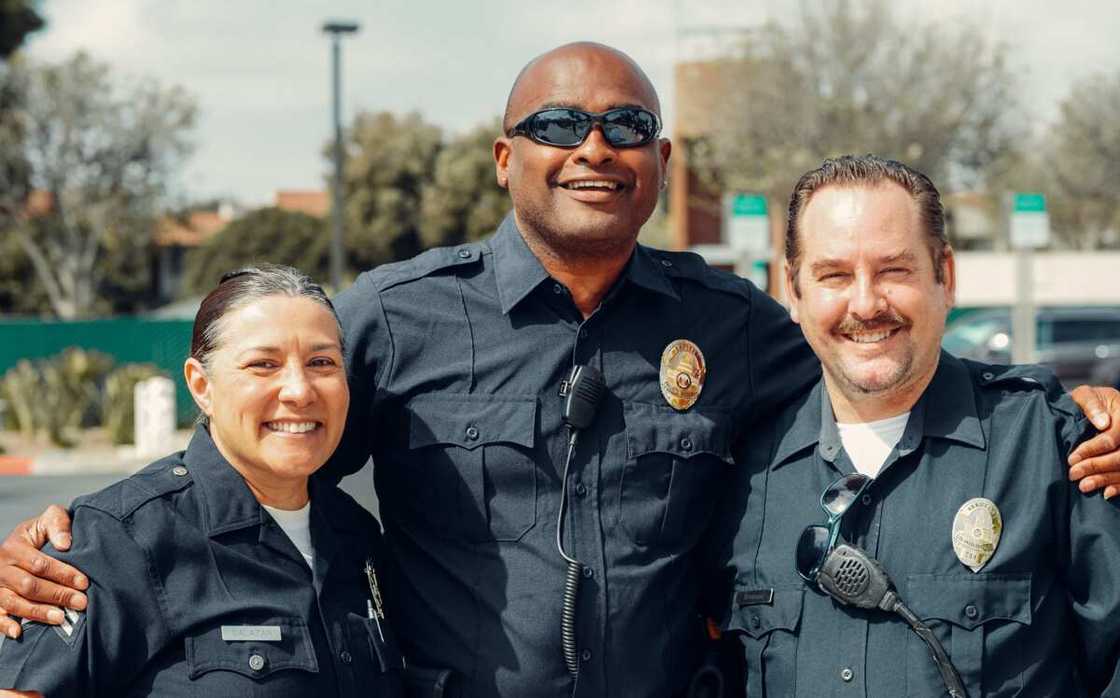Why are police called 12? The story behind the slang
The police force is an essential part of society that has been around since the early 19th century. The concept originated in the United Kingdom with the establishment of the first force, the Metropolitan Police, in 1829. One of the popular slang terms used to refer to the cops is 12. Why are police called 12?

Source: UGC
TABLE OF CONTENTS
Why do they call police 12? The police officers in the Southern States of America are popularly referred to as 12. This is a slang term primarily used in Atlanta, Georgia. The number 12 has gained popularity due to the culture and hip-hop music. Find out where the story behind the slang.
What does 12 mean?
12 is a slang term for cops most commonly used in Atlanta, Georgia. Some people may use the term as insulting or dismissive; others may use it in a neutral or even friendly manner.
Why are police called 12?
Although there are a few theories, it is unclear where the term 12 for law enforcement officers came from exactly. According to one theory, the term is derived from the police radio code 10-12, which stands for "stand by" or "wait".
This code was used in the 1960s and 1970s, and people started using the 12 slang to refer to cops. The term refers to the police presence in an area. People picked up the slang as a quick way to alert other people that cops were coming.

Source: UGC
Another theory references the acronym ACAB, which stands for All Cops Are Bastards. Sometimes, 1312 is used instead of the letters ACAB, where 1 represents A, 3 represents C, and 2 represents B. People then shortened the term 1312 to just 12.
Another theory comes from the old school cop show titled Adam-12. It premiered in 1968 and ran up to 1974. The TV series follows two law enforcement officers who patrol the Los Angeles streets in their patrol unit, 1-Adam-12. This is similar to how people use the 5-0 (or five-oh), which refers to another cop show, Hawaii 5-0.

Read also
“It's not a crime”: Lawyer speaks on arrest of Facebook user over bad review of Erisco tomato paste
Why do people call cops 12?
These are the reasons cops are called 12:
- The term 12 alerts people about law enforcement presence in the area. This gives people the heads up to avoid the area.
- It is also used to warn people about doing something illegal. The term has been popularised by pop culture. It has been used in music and movies and has become a widely accepted moniker for the cops. In the 1995 comedy film Friday, Ice Cube uses 12 to warn his friends about the cops.
When did the police become 12?

Source: UGC
The term 12 began referring to law enforcement in the late '60s. It quickly caught steam and has been used in pop culture, including movies, TV shows and songs.
FAQs
- Where did the term "police" come from? The term originated from the Greek word "polity", which means city.
- Where did the concept of professional police originate? The concept originated in the UK in the early 19th century.
- What is the name of the first police force? The first professional police force is called the Metropolitan Police from London.
- Why are cops called 12? The term 12 is used to alert people about the law enforcement presence in the area. This gives people the heads up to avoid the area.
- When did the police become 12? People started calling the cops 12 in the late '60s. The term quickly gained popularity and is currently used as a warning.
- Is it a form of disrespect to call the police 12? No, using the term 12 is not disrespectful in its nature.
Why are police called 12? The phrase is used to alert and warn civilians of the police presence in the area. There are many theories to explain the origin of the phrase, although it's not clear the correct answer. One theory suggests the term originated from the 1960s show Adam-12.
Legit.ng published an article about what sneaky link means. Social media has become a hub of new slang, which comes up every other day. One term that has become popular on social media is sneaky link. You may have seen the term and have been wondering what it means.
There are numerous slang phrases used among young social media users. Sneaky link is the latest slang being used on TikTok. Find out what the phrase means and where it came from.
Source: Legit.ng




